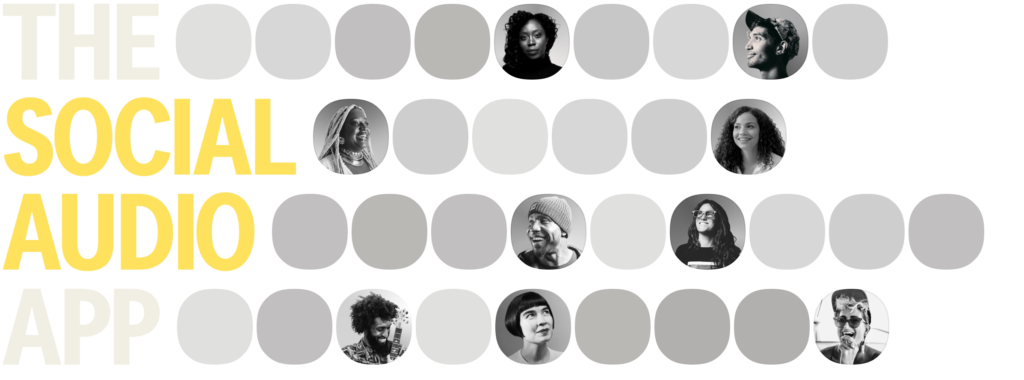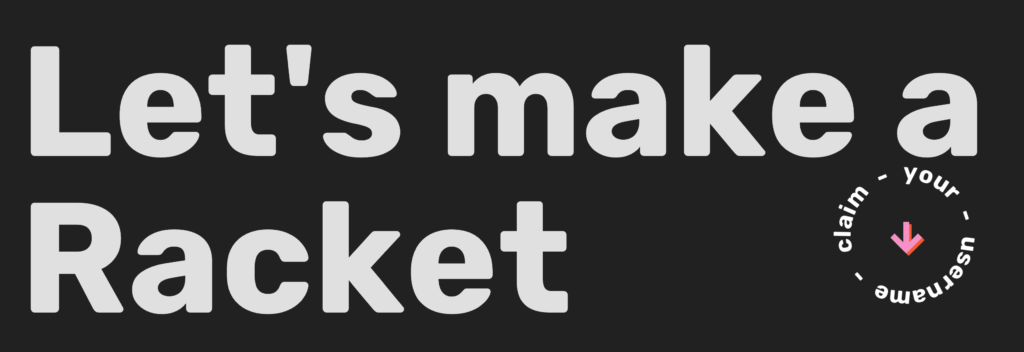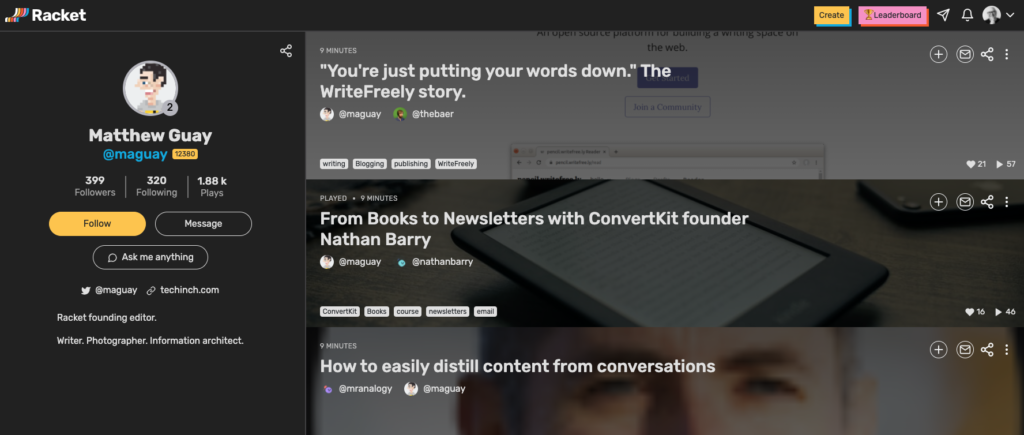
Prefer to listen?
Short-form audio – or micro-podcasting, as it’s also known – is the latest trend to emerge on the social web.
When I first wrote about this trend in my book Content Marketing for PR, it was very early days and there were a handful of apps involved. None of them took off.
But then Clubhouse exploded during the course of 2020, aided by global COVID-19 lockdowns, and Twitter added Spaces to its product mix.
Now we have Racket, which some describe as being “Twitter Meets Clubhouse Meets Medium”. Pretty apt, actually.
(Check out my Racket feed here).
But the social audio news doesn’t stop there!
Facebook is getting in on the audio action with Soundbites (“short-form, creative audio clips for capturing anecdotes, jokes, moments of inspiration, poems, and many other things we haven’t yet imagined.”) …
… while Spotify has launched its own interactive live audio offering called Greenroom.
So, lots of activity, but will the broader ‘micro-podcasting’ (or social audio, call it what you will) trend take off in a sustained way?
Personally, I think the medium has legs, but with a few qualifiers.
A standalone app that requires people to download in order to get involved, whether from a content creation or consuming perspective, might struggle. People already have too many apps on their mobile devices, so you’d want to have a pretty special product to encourage people to give an app-only platform a go.
Clubhouse has so far been an exception to the rule, but its growth has plateaued compared to last year when buzz and excitement around the app was at its peak.

Social media analyst Matt Navarra has told CNBC he thinks ” the initial FOMO about getting a Clubhouse invite and trying it out has ebbed away.”
Some believe the app is dying.
Meanwhile, Clubhouse competitor, Twitter Spaces, hasn’t set the world on fire and was criticised early for having too many glitches and bugs. However, it looks like Twitter is addressing some of these issues as it continues to roll out more updates to its live audio platform.
And let’s not forget Twitter also allows users to publish voice tweets, which I think are pretty cool, but haven’t – at least from where I sit – been heavily adopted by the masses.
As for Facebook Soundbites? Who would know. Of course, Facebook has the size to pound away with a new service or feature until it gets traction, but Facebook can be pretty clunky at the best of times: will people want to experiment with a “sound studio in your pocket”? Watch this space!
Meanwhile, Spotify Greenroom looks like it is off to a slow start.
Personally, I’m liking the look of Racket, currently in beta.
Racket’s strength is its simplicity.
It allows users to record, publish and share short audio clips (micro-podcasts) up to nine minutes in length; registered users can respond to the clips if they like by sending short private voice memos to the creator, thus starting a conversation, albeit one that’s asynchronous.


Users can also invite people to join the recording, thus creating an interview situation, which is pretty cool.
And sharing your recorded work across social media is a breeze, helping creators get ‘more bang for buck’ from their audio content.
In short, I think Racket ticks a lot of boxes: you don’t need to download an app in order to use the platform (whether from a content creation or consumption perspective); building a following on the platform is pretty easy, and at nine minutes, there’s plenty of audio ‘space’ to tell a good yarn or provide some meaningful commentary on a topic or issue.
What does this mean for communicators & business owners?
Opportunity, depending of course which app or platform you pick, how strategically you use it, and whether you’re consistent in creating useful and thought-provoking content over an extended period of time.
Certainly, if you’re in the business of building a credible personal brand and want to use audio to share your ideas and expertise – but don’t want to go to all the hassle of creating a fully-blown podcast – then some of these new platforms might be worth a look.
Personally, I’d opt for Racket because of the aforementioned reasons. It really does feel like Twitter early days in terms of community and camaraderie, albeit the platform is still very much in its infancy.
But if you’d rather be out there sparking conversation and debate, leading a public ‘virtual town hall session’ as it were, then Clubhouse or Twitter Spaces are the more suitable options.
And there are the plethora of other alternatives popping up, some more niche than others. For example:
- Fishbowl (“where professionals go to connect and talk in a new era of remote work”)
- Airtime (“live social space where people build communities around shared interests and passions”)
- Quilt (“the audio social network for live, supportive, feel good conversations—just like hopping on the phone with a friend when you need it most”)
BOTTOM LINE: The social audio trend is coming. Keep an ear out for it!



Leave a Reply